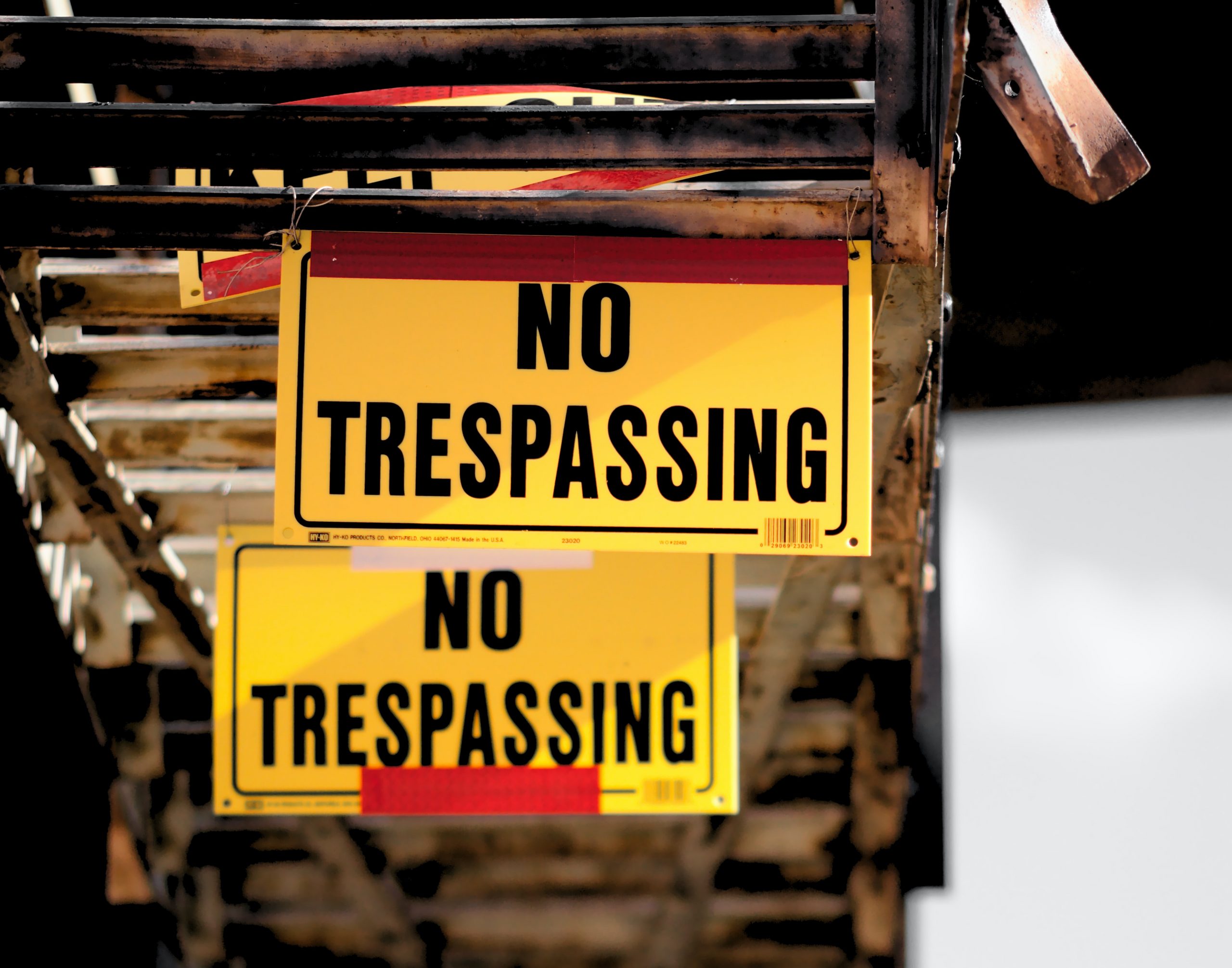What boundaries are we taught to respect throughout our lives? A quick brainstorm produced this list:
- Drive on this side of the dotted line.
- Obey the speed limit.
- Stay in your yard.
- Listen to your parents.
- Don’t swear at work.
- Don’t take what isn’t yours.
- Do what you were hired to do.
- and right now, practice 6 feet social distancing.
Boundaries teach US which behaviors are acceptable and which are not. They teach OTHERS how to treat us. So, what if we had better boundaries at work? Here is the answer – our workplaces would be more productive, and our working relationships would be more respectful.
Thinking back to about 10 years into my career, I remember how boundary setting not only changed my relationship with a coworker, it dramatically improved how we worked together. Let’s call him Gary. I was a new employee and inexperienced in the industry. Quickly, I developed a customer following. Gary began “talking behind my back” with customers. As gossip does in workplaces, it found its way back to me. Wow! It was an intensely uncomfortable situation because Gary was a senior employee who had decades of industry experience.
I saw three choices in front of me. One – don’t way a word. Two – take it to my boss or human resources. Three – speak directly with Gary. I chose #3, and here is how I did it in 6 steps:
- Got my facts straight.
- Planned what I would say.
- Asked him to choose the time and day to meet [took deep breaths too].
- Met him in his space [took more deep breaths].
- Stayed on track [took more deep breaths].
- Set the clear boundary.
When we met, I said something like this (to the best of my memory):
I appreciate you making time for me. [pause] I’m not sure why you think I am here on this team, but I assure you that I am here for the customers just as you are. I am 100% committed to serving them just as you are. My concern is that customers have told me negative things are being said about me. If what I am hearing is true, and if what I am hearing is coming from you, I am asking for it to stop. I don’t know how you and I working against each other helps them in any way. If there is something I am doing that is an issue, please talk to me directly about it. It is important for me to work both respectfully and well with you.
Now, I’m not saying it was easy to have the conversation, or even that the words above are completely accurate. But I do remember being reeeaaally nervous! Remember, he was a senior employee with years of industry experience. And I remember the outcome: we worked well together for the next five years until he retired. This is what I know now:
- I had a right to set a boundary AND so do you.
- Setting boundaries made it easier for Gary to work with me.
- Gary respected me more when I stood up to him and set a boundary.
So, do an inventory here and decide what you need to set a boundary around and who you need to do it with.
- Showing up on time
- Following through on work
- Keeping things in confidence
- Not talking over others in meetings
- Condescending comments
- Depth of personal information shared
- Where to put the documents you need me to look at
- Communication mode (email, phone, stop by)
- Interruptions
- Amount of small talk at the beginning of a meeting
- Asking personal questions
- Best time to talk or interact with you
- Gossiping about coworkers
- OTHER _________________________
Now, take a deep breath. Muster up some courage. Communicate your boundary. Then, let me know what happens!
P.S. You got this!
For more tips on communicating better at work, check these out:









Leave A Comment